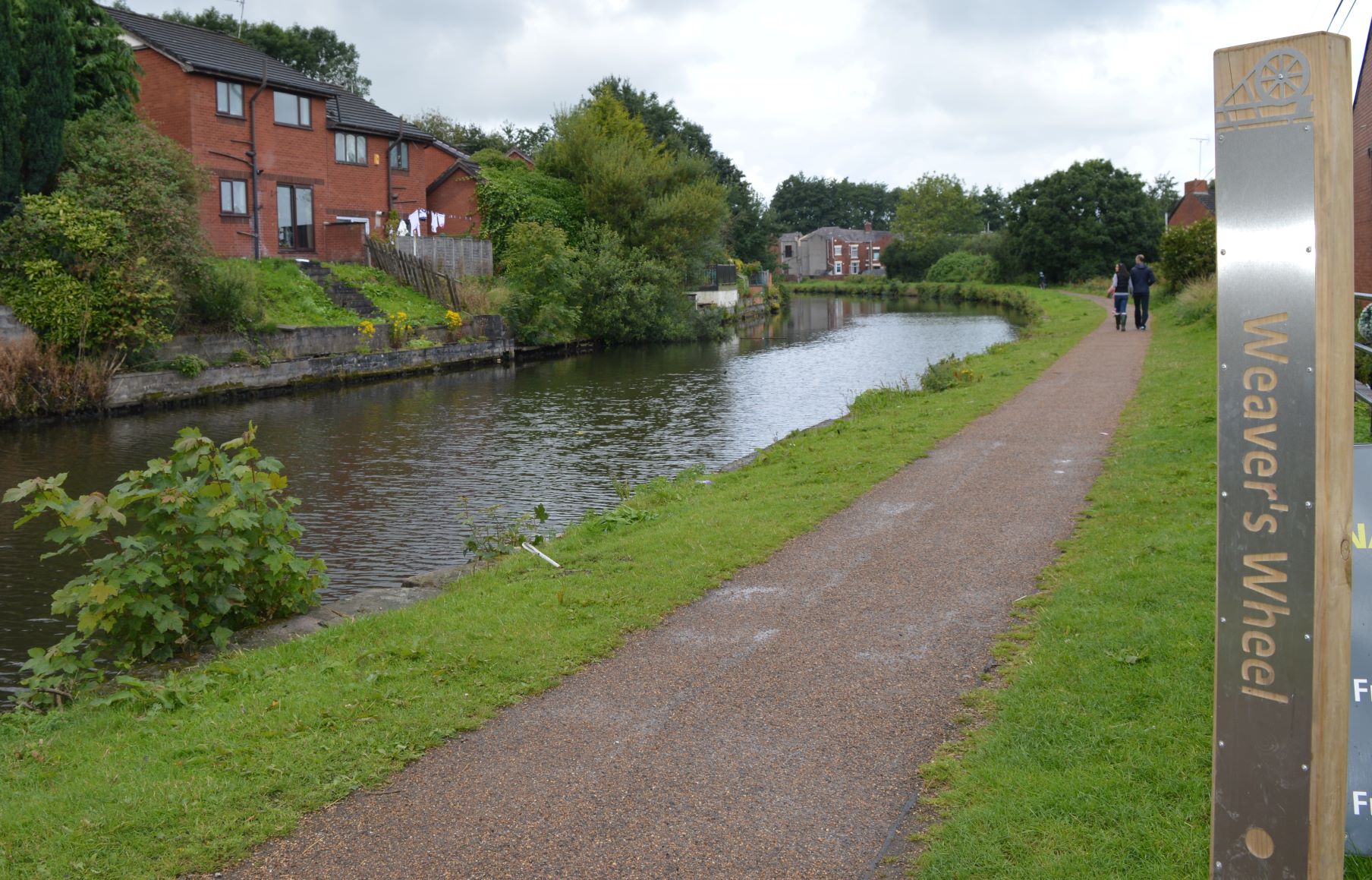Project to look at urban spaces and health inequalities

ARC NWC will be a partner in a new consortium to investigate the impact that nature can have in helping to prevent and reduce health inequalities in urban areas.
The Consortium, ‘GroundsWell: Community-engaged and Data-informed Systems Transformation of Urban Green and Blue Space for Population Health’ is co-led by Queen’s University Belfast, the University of Edinburgh and the University of Liverpool.
The new £7.1 million project is funded by the UK Prevention Research Partnership (UKPRP) to investigate the impact that nature can have in helping to prevent and reduce health inequalities in urban areas.
Focusing on Belfast, Edinburgh and Liverpool, with a view to inform a UK-wide and global approach, the Consortium will explore how transforming cities with nature can reduce health inequalities, primarily around chronic and non-infectious diseases such as heart disease, diabetes, cancer and mental health.
Over the five-year project, the interdisciplinary team will develop innovative approaches to work with communities where there are high levels of health inequalities. They will work with communities as key partners to develop and implement ways to improve health inequalities and prevent a range of chronic illnesses through harnessing the positive impact of nature.
Professor Sarah Rodgers, from the University of Liverpool/Theme Lead for ARC NWC Care and Health Informatics Theme, is one of three GroundsWell co-directors. She said: “Working with local authorities and charities, we will record how our environments change through time. Knowing when parks were adapted to encourage new visitors and how this subsequently impacts health outcomes will help provide robust evidence on what works and for whom.
“Everyone should have access to the right environments to support their health and wellbeing.”